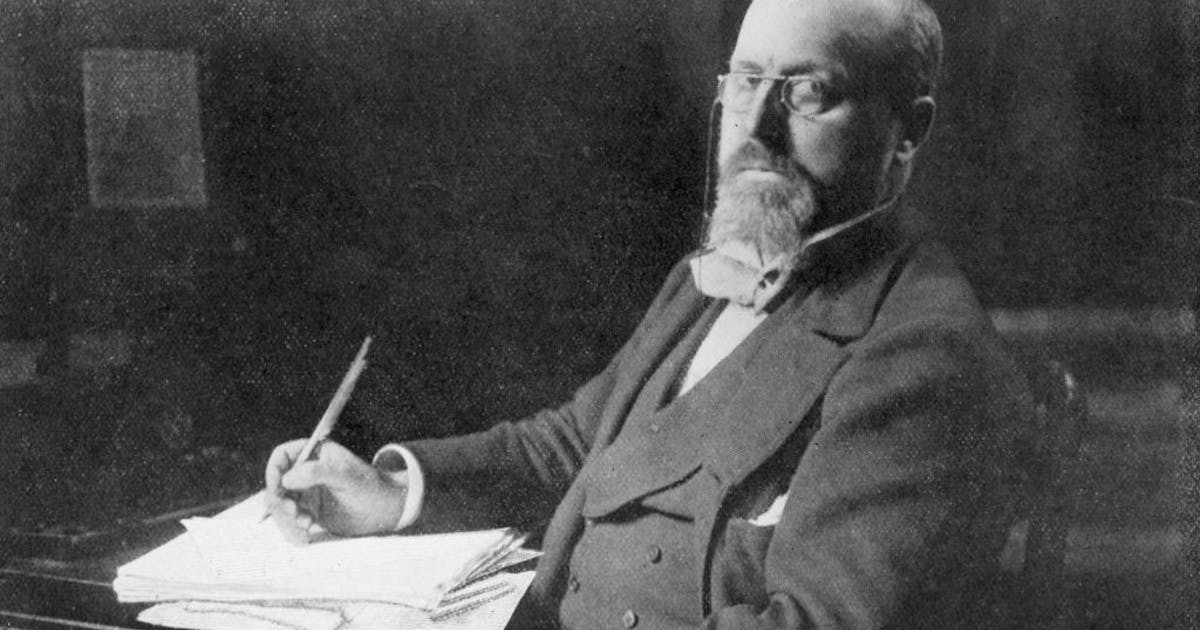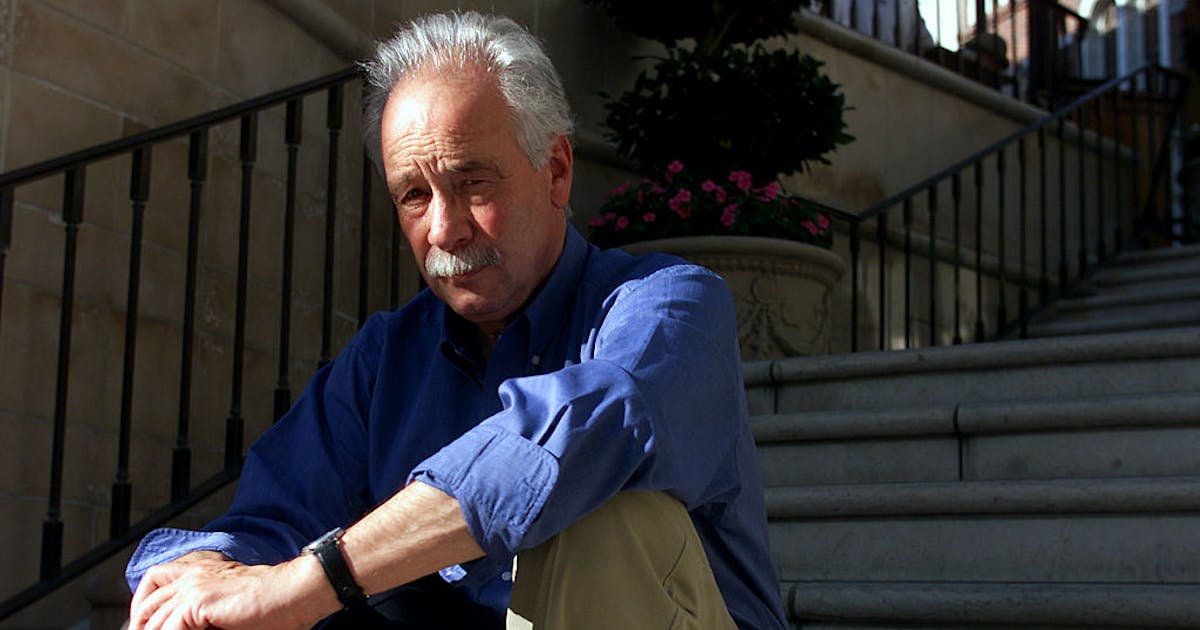Slow Motion: A Trick of the Brain and a Cultural Mirror

Twenty years ago, neuroscientist David Eagleman designed an experiment where students were dropped from a tower to simulate near-death experiences. The experiment revealed that the 'slow-motion effect' isn't a slowing of perception, but rather a memory trick where the brain retains more detail during critical moments. This mirrors the common use of slow motion in film; it has become a common language for expressing trauma and extreme experiences. From movies to reality, slow motion is not just a visual effect, but a way we understand the world.
Read more



